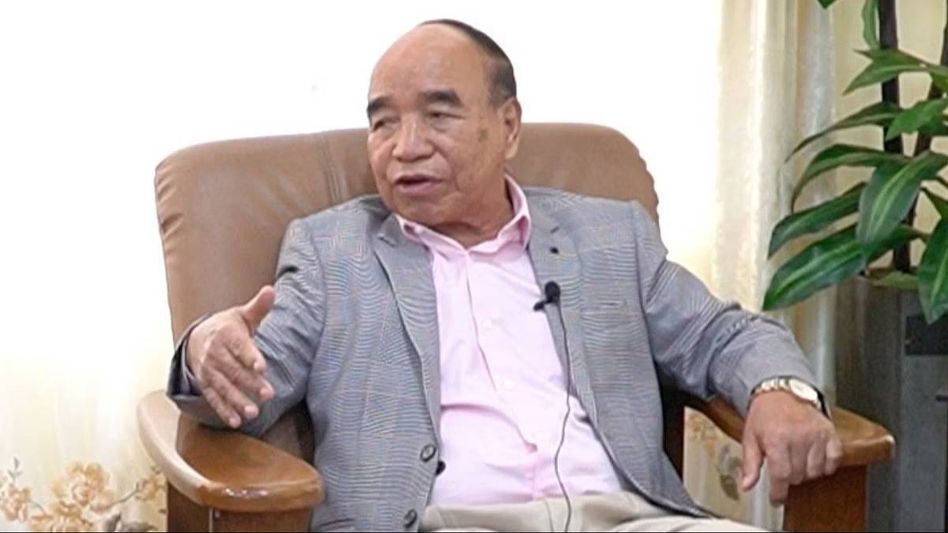 Former Mizoram CM Zoramthanga opposes CAA and abolition of Free Movement Regime
Former Mizoram CM Zoramthanga opposes CAA and abolition of Free Movement Regime  Former Mizoram CM Zoramthanga opposes CAA and abolition of Free Movement Regime
Former Mizoram CM Zoramthanga opposes CAA and abolition of Free Movement Regime The president of the Mizo National Front (MNF) party and former chief minister of Mizoram, Zoramthanga, expressed his opposition to the recent decisions made about the Citizenship (Amendment) Act (CAA) and the Free Movement Regime (FMR) between India and Myanmar while talking exclusively with India Today NE. Asserting the stance of his government, the former Chief Minister made it clear that there is no ambiguity in their position.
Speaking on the implementation of CAA, Zoramthanga said that his party’s stance stands firm opposing it.
"We issued a very clear statement regarding both border fencing and the Free Movement Regime (FMR). We firmly oppose the ruling of the central government. Our stance is unequivocal," stated the former Chief Minister.
Emphasizing the consistent policy of the MNF party, he said, "We convey our opposition to border fencing and the abolishment of the FMR. We advocate for the continuation of the FMR. This has been the consistent policy of our party."
Moreover, Zoramthanga highlighted the party's stance on the Nagaland issue, affirming, "Our position on Nagaland remains unchanged; We are against both the border fencing and the abolition of the FMR."
In a resolute tone, he said, "Let the FMR persist, along with the border fencing. There is no need for change. This summarizes our stance."
The former Chief Minister also voiced his opposition to the implementation of the Citizenship (Amendment) Act (CAA).
The Citizenship (Amendment) Act, 2019 (CAA) was passed by the Parliament of India on 11 December 2019. It amended the Citizenship Act, 1955, by providing an accelerated pathway to Indian citizenship for persecuted religious minorities from Afghanistan, Bangladesh, and Pakistan who are Hindus, Sikhs, Buddhists, Jains, Parsis, or Christians, and arrived in India before the end of December 2014. The law does not grant such eligibility to Muslims from these countries.
Copyright©2024 Living Media India Limited. For reprint rights: Syndications Today